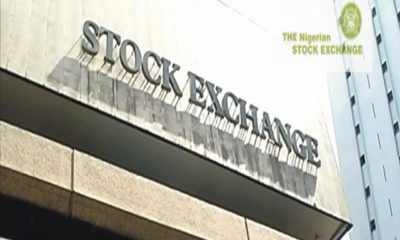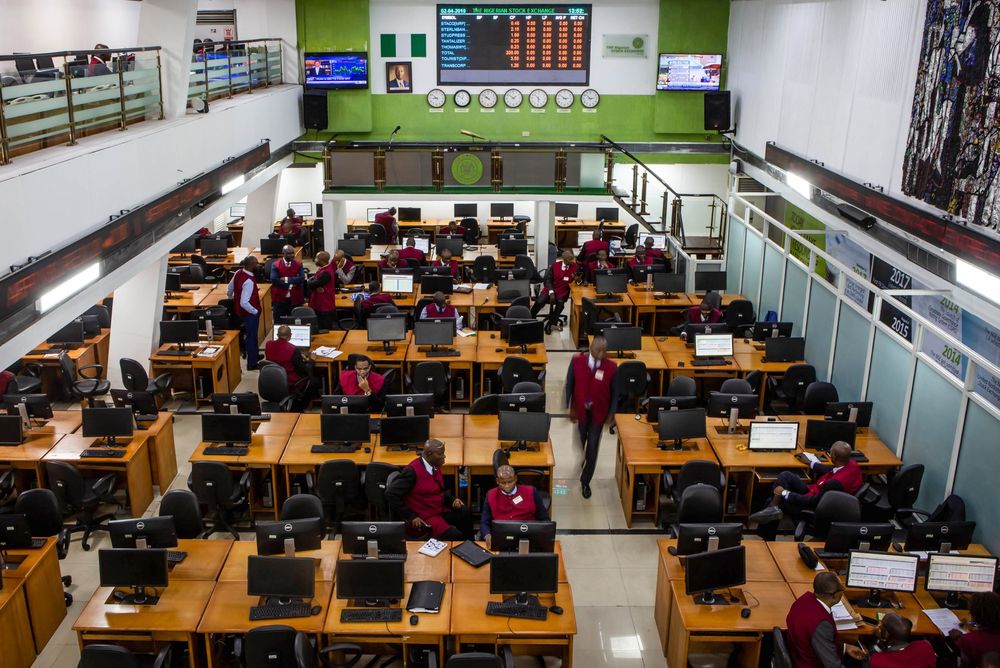Nigerian Exchange Limited
Low Fixed Income Yields, Improved Economic Conditions and Renewed Optimism Propelled 2020 Bullish Run – Onyema

Nigerian Exchange Limited
Nigerian Stock Market Sinks as Benchmark Index Hits January Levels
Nigerian Exchange Limited
AVA Infrastructure Series 1 Fund Now Available for Trading on NGX Platform
Nigerian Exchange Limited
Nigerian Equities Drop 1.36% on PZ Cussons, Secure Electronic Technology Losses
-

 Naira3 weeks ago
Naira3 weeks agoDollar to Naira Black Market Today, April 24th, 2024
-

 News4 weeks ago
News4 weeks agoARISE News Channel Goes Global: Launches in Nine Southern African Countries
-

 Naira4 weeks ago
Naira4 weeks agoDollar to Naira Black Market Today, April 22nd, 2024
-

 Naira3 weeks ago
Naira3 weeks agoDollar to Naira Black Market Today, April 25th, 2024
-

 Travel3 weeks ago
Travel3 weeks agoSaudi Arabia Breaks 70-Year Alcohol Ban, Opening Shop for Diplomats
-

 Jobs3 weeks ago
Jobs3 weeks agoJob Cuts Hit Tesla: More Than 6,000 Positions Axed Across Texas and California
-

 Naira3 weeks ago
Naira3 weeks agoDollar to Naira Black Market Today, April 30th, 2024
-

 Investment4 weeks ago
Investment4 weeks agoMinister Accuses Past NCDMB Leadership of Squandering $500m on Unproductive Projects




























